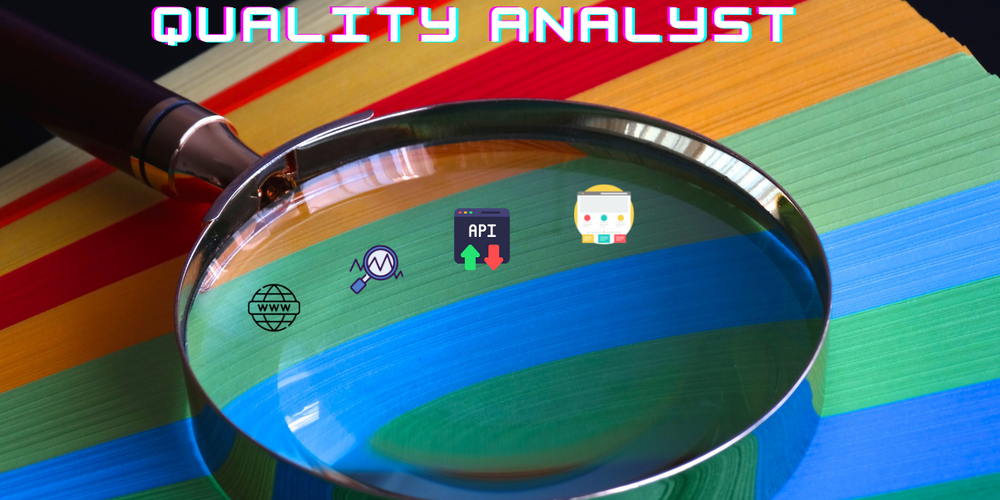Quality Analyst Skills Checklist: How Many Do You Possess?

As a modern-day quality analyst, you're at the heart of ensuring software quality. To excel in this role, mastering a range of essential skills is crucial. In this comprehensive guide, we'll explore the key skills every quality analyst should possess for efficient and effective software testing.
Discover the key quality analyst skills in our informative video guide. Assess your skills and find out how to excel in quality assurance.
1. Proficiency in Software Testing Principles and Methodologies
A foundational skill for quality analysts is a deep understanding of software testing principles and methodologies. This includes familiarity with Agile, Scrum, and Waterfall methodologies, which play a vital role in optimizing the testing process.
2. Expertise in Test Case Management and Execution Tools
Quality analysts must be adept at using test case management and test execution tools like TestRail, Jira, or HP Quality Center. These tools streamline test case management, defect tracking, and progress reporting.
3. Mastery of a Programming Language
To excel as a quality analyst, proficiency in a programming language is essential. Common languages include Python, Java, C#, or JavaScript. These programming skills enable the creation of automated tests and other testing-related tasks.
4. Familiarity with Automated Testing Tools
Quality analysts benefit from familiarity with automated testing tools like Selenium, Appium, or TestComplete. These tools automate repetitive tasks such as regression testing, saving time and ensuring efficiency.
5. Understanding of Web Technologies and Browser Development Tools
Quality analysts should possess knowledge of web technologies like HTML, CSS, and JavaScript. Additionally, familiarity with browser development tools aids in the debugging of web applications.
6. Experience with Performance and Load Testing Tools
Proficiency with performance and load testing tools such as Apache JMeter or Gatling is essential. These tools evaluate an application's performance under varying loads and conditions.
7. Knowledge of Mobile Testing
Quality analysts must understand mobile testing, including different mobile platforms and devices. This expertise ensures applications function correctly across diverse devices.
8. Expertise in API Testing and Related Tools
An understanding of API testing and experience with tools like Postman or SOAPUI is essential. These skills validate the functionality of an application's APIs.
9. Analytical and Problem-Solving Skills
Strong analytical and problem-solving skills are prerequisites for quality analysts. These abilities facilitate quick and efficient problem identification and resolution.
10. Effective Communication Skills
Quality analysts need effective communication skills to interact with both technical and non-technical stakeholders. Clear communication ensures understanding of the testing process and its outcomes.
11. Familiarity with Agile Methodologies and Test-Driven Development (TDD)
Quality analysts should be familiar with Agile methodologies and Test-Driven Development (TDD) practices. These methodologies enhance the efficiency and effectiveness of software testing.
12. Knowledge of Accessibility and Security Testing Best Practices
Understanding accessibility and security testing best practices is crucial. It ensures applications are accessible to all users and secure against potential threats.
13. Familiarity with Cloud and Containerization Technologies
Quality analysts should be well-versed in cloud and containerization technologies like AWS, Azure, GCP, and Docker. This knowledge ensures applications function seamlessly in a cloud environment.
14. Proficiency in Quality Engineering Practices
Quality analysts need a grasp of quality engineering practices, including continuous integration and continuous delivery (CI/CD). These practices optimize the testing process.
15. Experience with Monitoring and Analytics Tools
Experience with monitoring and analytics tools like New Relic, AppDynamics, or Grafana is valuable. These tools monitor application performance and detect potential issues promptly.
By acquiring and honing these skills, quality analysts play a vital role in ensuring efficient, effective, and high-quality software testing processes.



